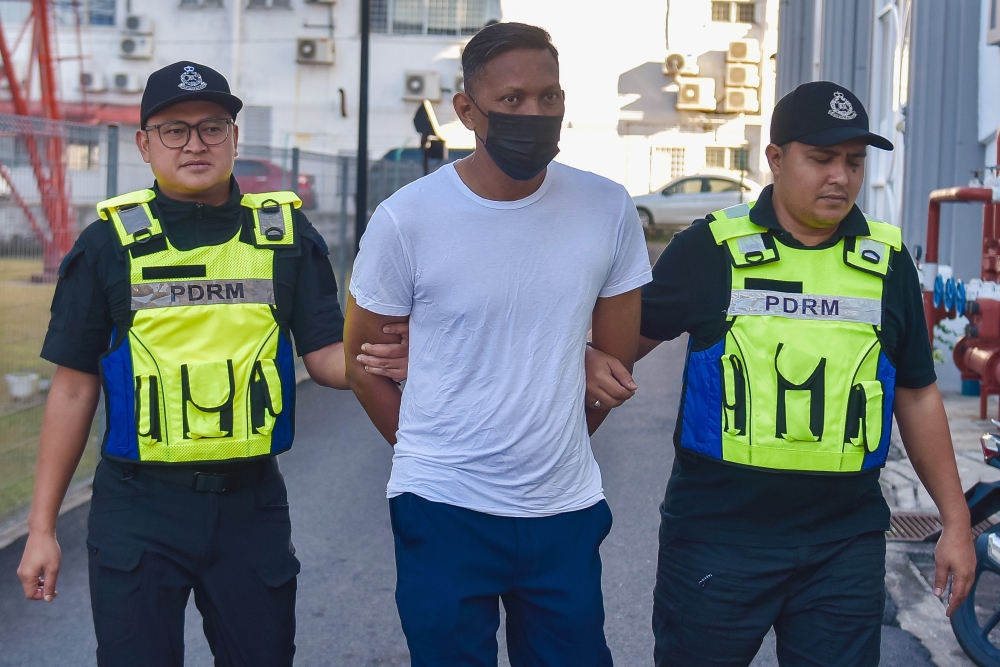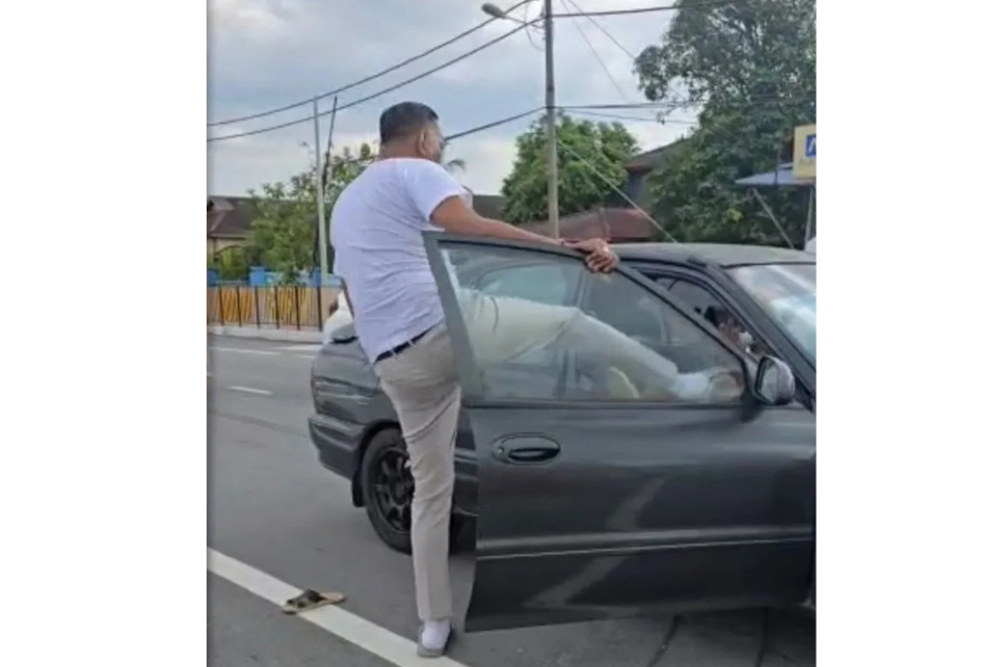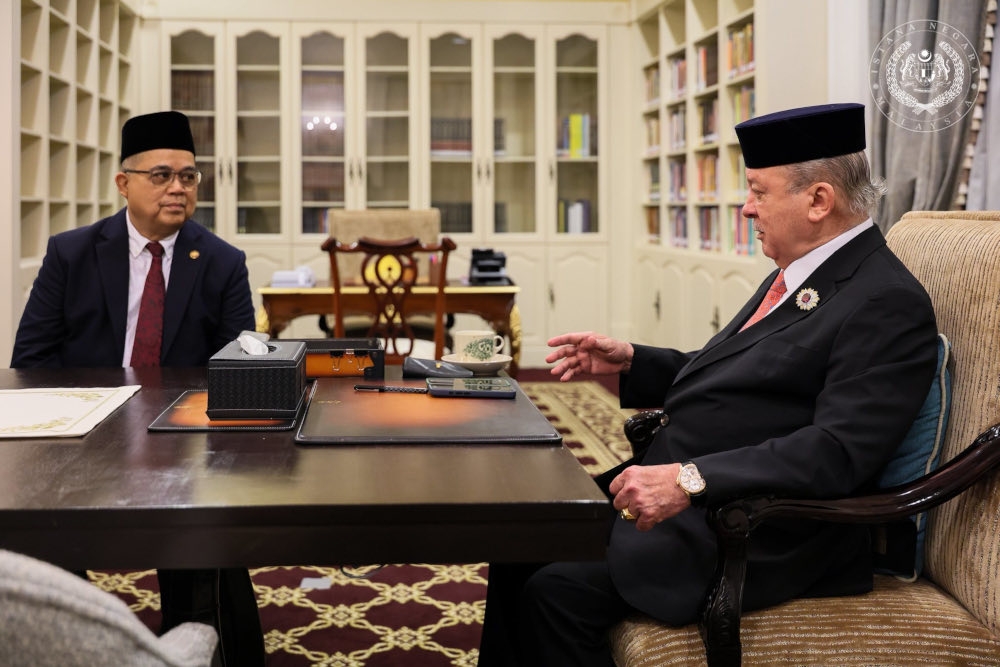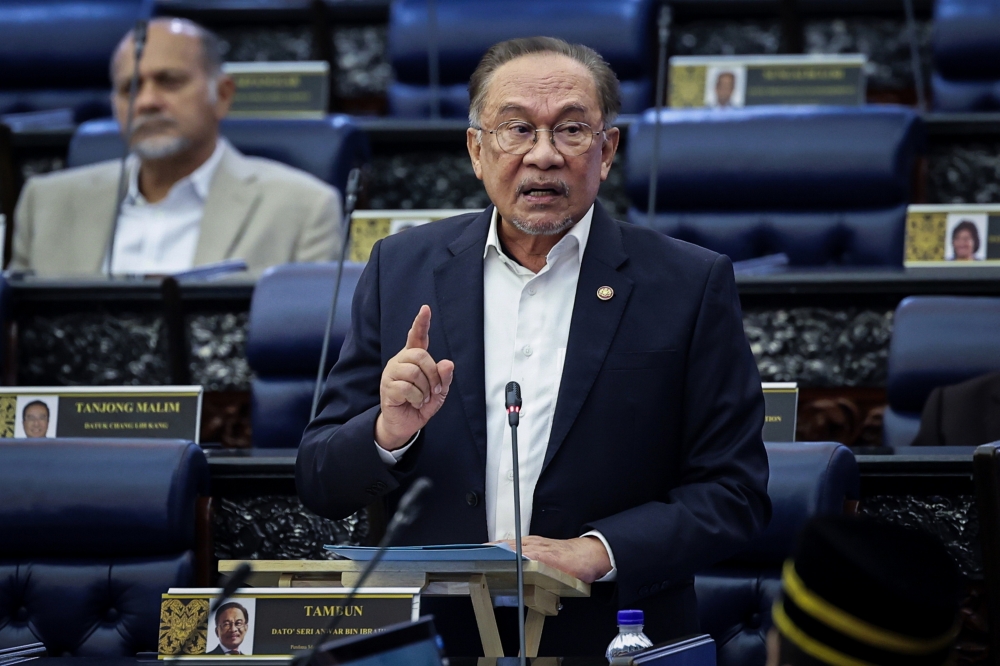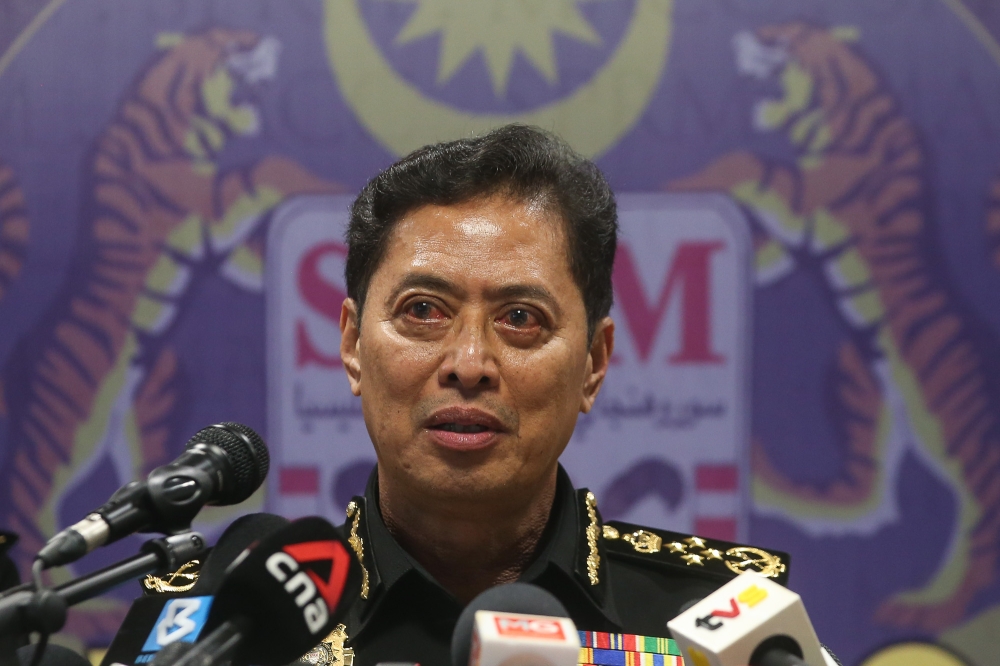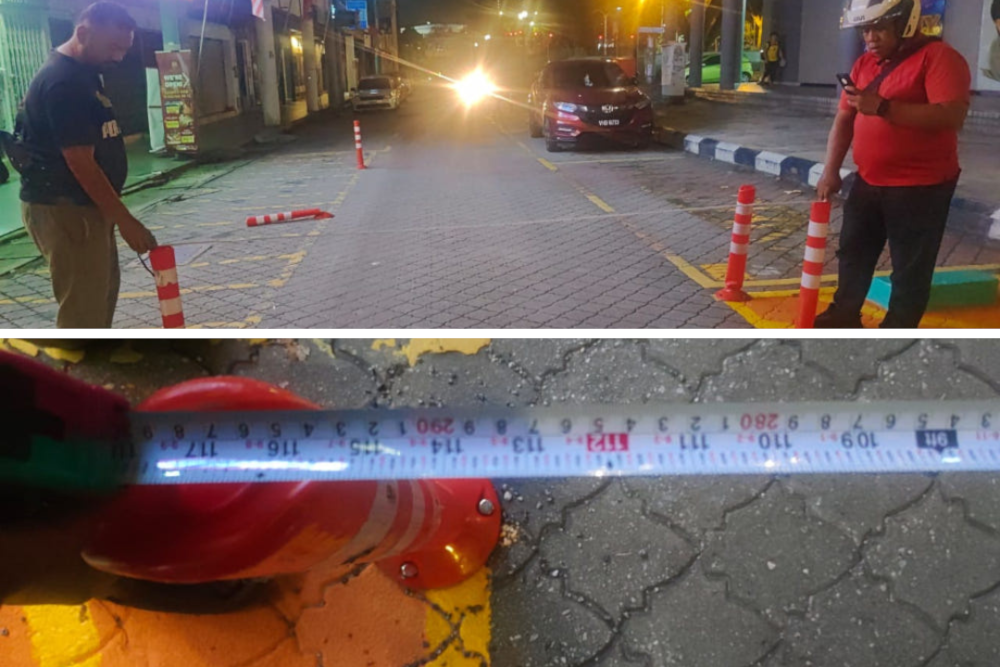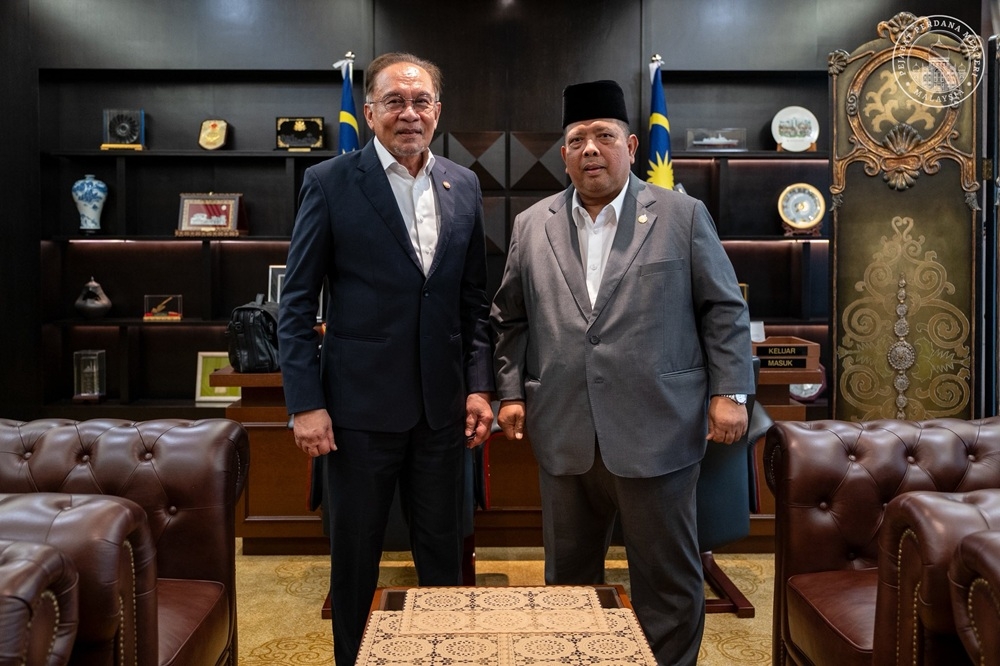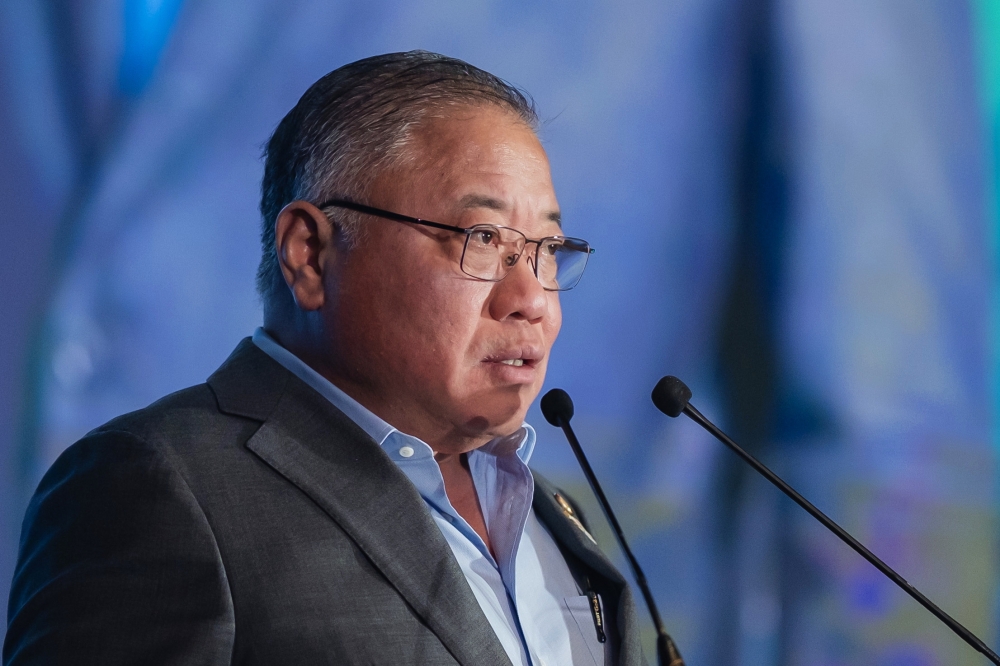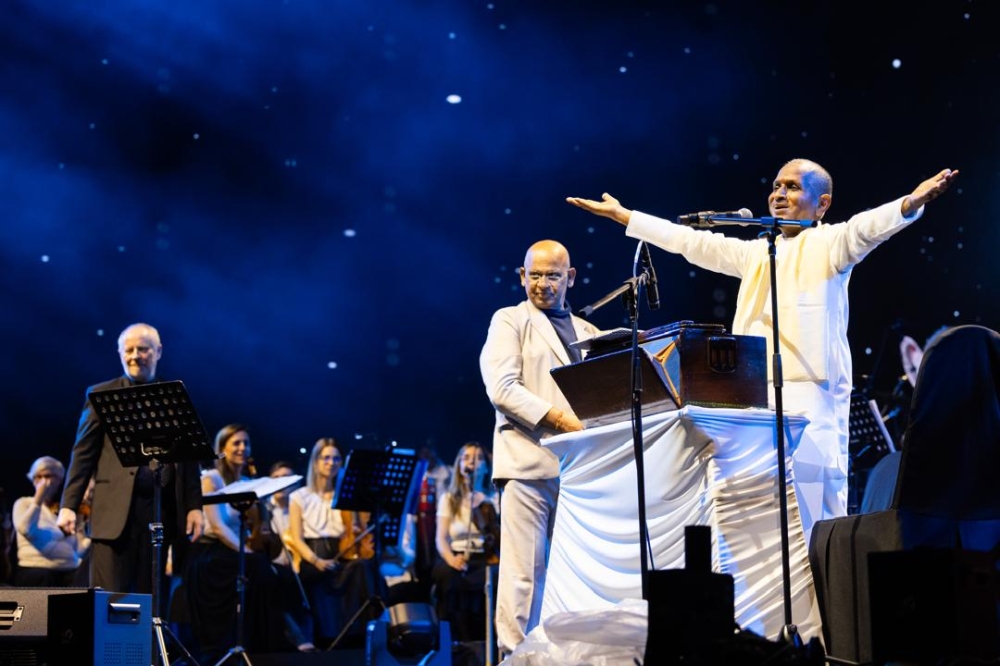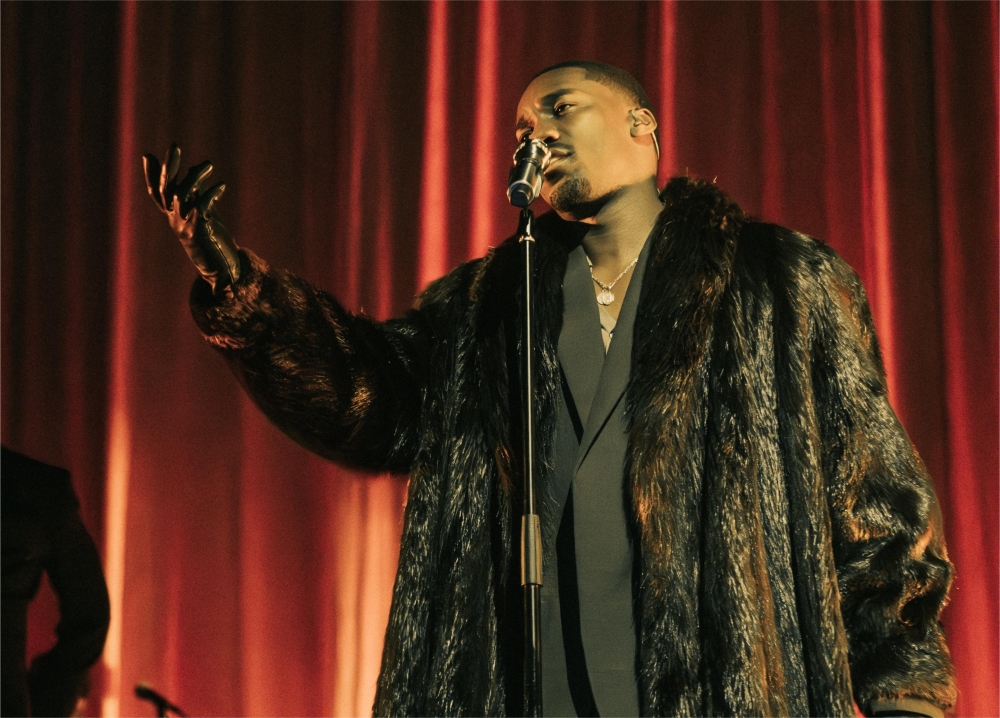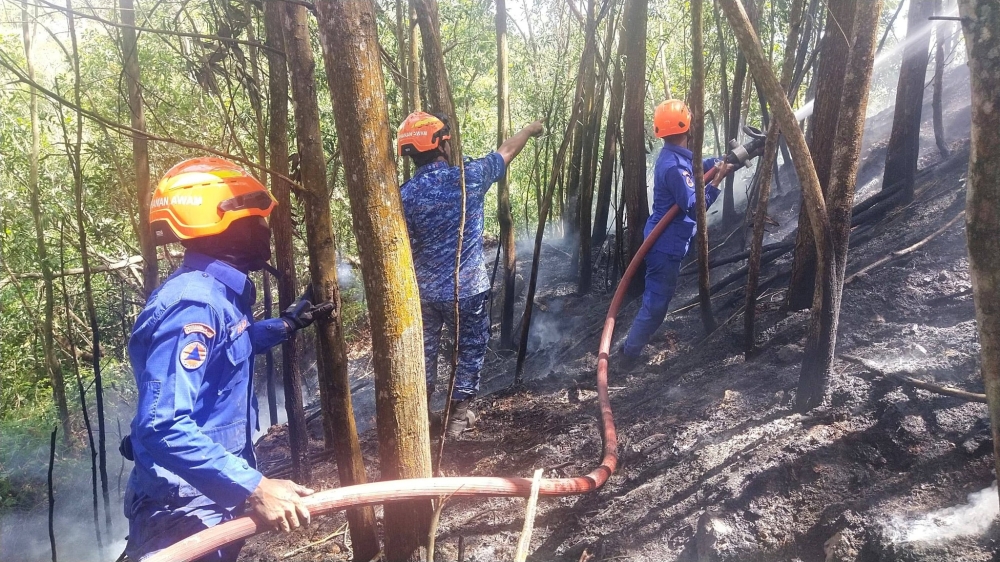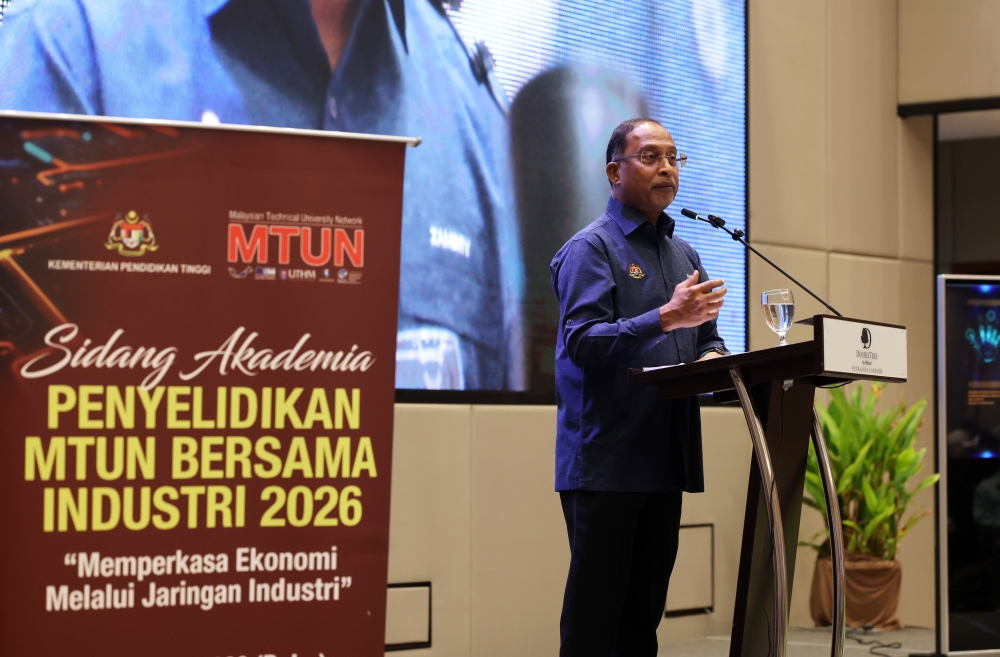SINGAPORE, Dec 3 — A musical, a tale about community and an all-Hokkien short.
These were just some of the film ideas that were shared by seven of Singapore’s award-winning film directors — Royston Tan, Eric Khoo, Jack Neo, Kelvin Tong, Tan Pin Pin, Boo Junfeng and K Rajagopal — who yesterday unveiled more details of their one-of-a-kind cinematic project dedicated to Singapore on its 50th birthday next year.
Titled 7 Letters, the film will be an omnibus of seven short stories, with different themes picked out by each director that will offer a unique interpretation of Singapore and the past 50 years of nation-building.
“Each of the short films is an intimate reflection of our unique stories and connections with Singapore — very much like writing a personal letter. These are our collective love letters to the place we call home,” said Tan, who is leading the project, at a press conference today.
Their cinematic love letter to our little red dot is now underway and set for a July 2015 premiere at the newly refurbished Capitol Theatre.
The 900-seat cinema will reopen as South-east Asia’s biggest single-screen cinema and 7 Letters is the first film to show there after a 17-year hiatus.
This is the first time all seven award-winning directors will be working together on a film, which is made with the support of the Media Development Authority of Singapore (MDA) and the Singapore Film Commission (SFC).
“We got various budgets from various government agencies that were supportive of this project,” Tan said.
“And every director had the exact same budget to work with.”
“Which is not a lot,” quipped Neo.
“But everybody is happy, lah!” Tan shot back.
Since the August announcement of the project, support from the local creative arts communities has been swift.
Some of the personalities who have come onboard the project include Golden Horse-winning composer Ricky Ho, acclaimed musician Patrick Chng, local illustrator Koh Hong Teng, legendary local songstress Rahimah Rahim and playwright Alfian Sa’at.
Tan has already filmed his contributing short, which is set in the 1980s and revolves around neighbours who don’t speak the same language but communicate over their love for music.
He said a timeline has been set for completion and everybody has to finish their first cuts by March next year.
And even though the directors have their own “secret weapons” up their sleeves and will not be viewing each other’s cuts, Tan reiterated that the project is an ongoing collaborative process.
“Some of us share our crew to fit each other’s busy schedules and even offer help to each other with whatever the other might need,” shared Tan.
“We’ve sat down to discuss each other’s stories and treatments but in the end, we want it to be distinctly different. It has to be distinct. And we are really thankful to MDA for the free play.”
Khoo who chose the theme, legacy, shared that his short will be a musical.
“Mine is going to be tribute the Golden era of Singapore cinema, during a time when the budgets they had back then were bigger than what we have today,” he quipped.
“As everyone knows, I love horror and that is going to sneak its way in. We are known for our great ghouls like the orang minyak. I want to pay tribute to all our fascinating tale of folklore.”
Neo said he would be paying tribute to the kampong life which he confessed he misses.
“Since it’s SG50, I wanted to do a story I’ve never told before - that is the story about puppy love between a 12 year old kampong boy and girl,” he shared, adding that the film would be in Hokkien.
“I want to use 100 per cent Hokkien in this movie ... because it’s the ’60s and ’70s when everyone still spoke Hokkien and I want to follow history, so there’s no reason for the censor board not to be happy, right?” he added cheekily.
“Anyway, it’s only one short out of seven stories, so I don’t even think I’ve gone over the censor quota about the minimum usage of dialect!”
Although it’s not inspired by personal experience, Neo said he combined all his kampong neighbours’ stories into one.
But his biggest challenge of the process has been to tell his stories in under 10 to 12 minutes.
“It’s been very challenging to scale down. I am not very good at short films,” he shared.
“Twelve scenes to tell the whole story? Wah, very challenging!” — Today

